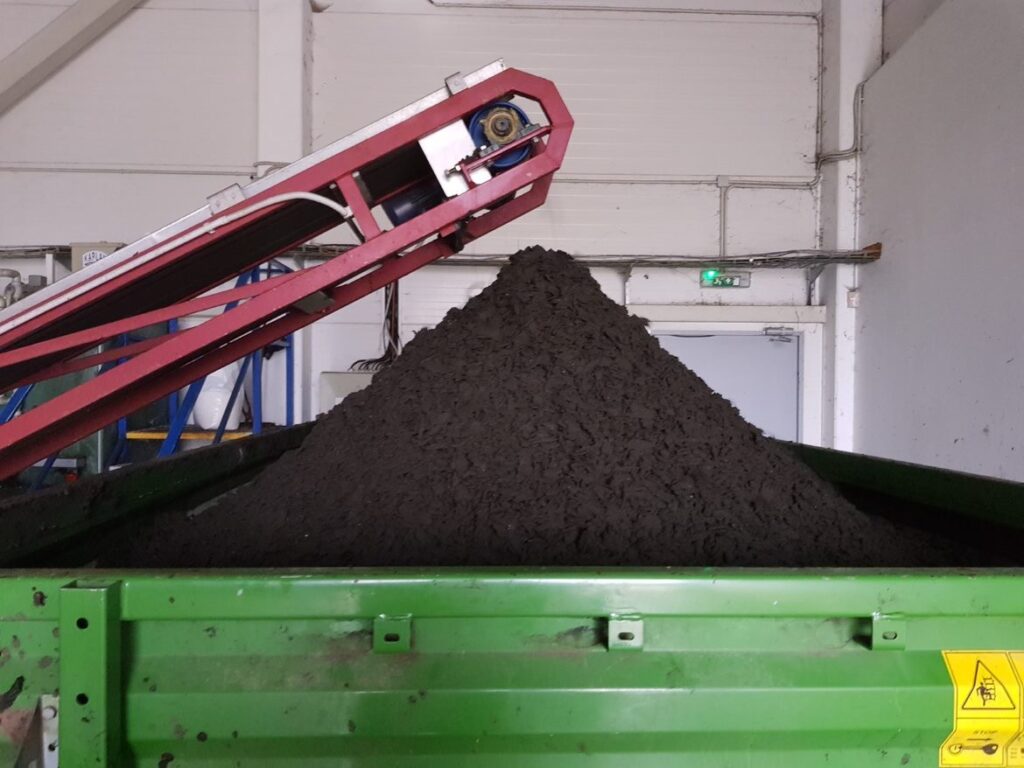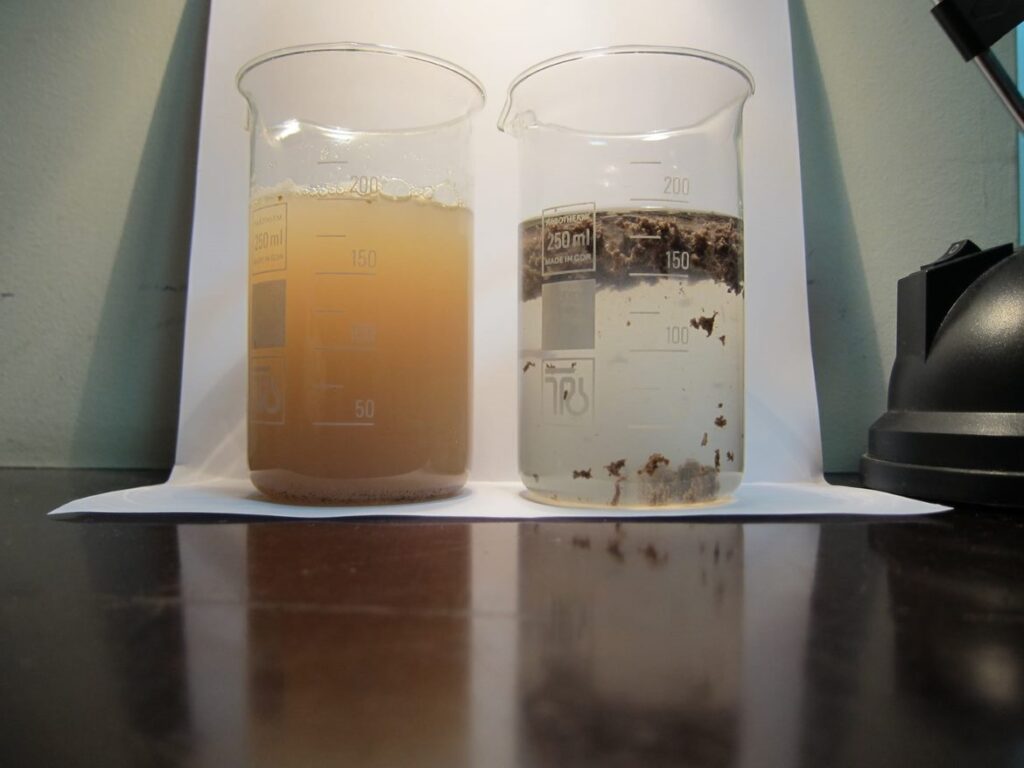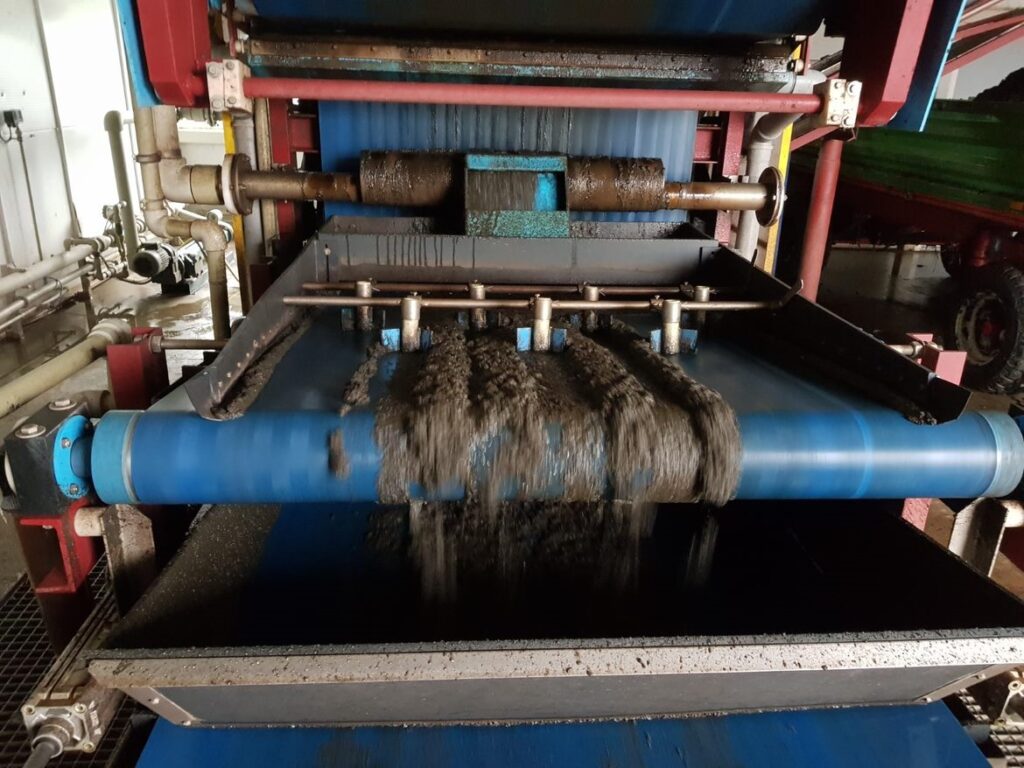
Clean water - through safe chemicals
Experienced stuff of Ecochemicals offers full service in determination the most effective reagents and their dosages. We provide consultations, which are based on our long term experience plus laboratory and industrial trials.
In case of variations of the process characteristics and as a result decrease efficiency of reagent program, we will immediately repeat experiments and offer the best alternative on changed process.
So thats why our customers can be sure that for them will be available the highest quality products and well-timed professional consultations.
Main industries where UNAFLOC can be applied:
Municipal waste water
Oil industry
Paper industry
Textile industry
Food industry
Chemical industry
Galvanic industry
Dredging
Other industries
If you have any technical question from Unafloc applications in these processes please do not hesitate to ask us.
How it works

if you have problem with your effluent or sludge - just describe your problem by email and send us your sample. Our technicians will help you with laboratory tests.
In some cases we can arrive to your place
We can consult you by email.
Just send your problem description....
Did you know?


